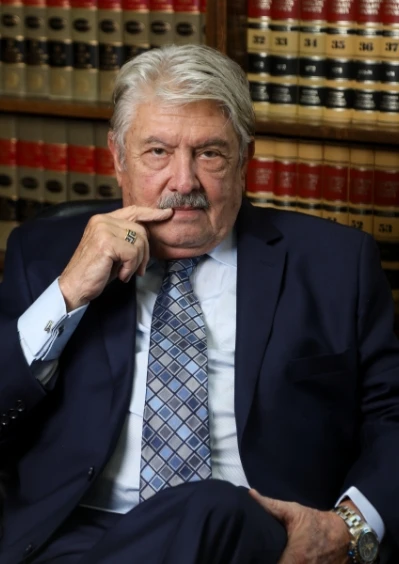Does Putting Assets in a Trust Protect Them Against Divorce in California?

Many spouses prioritize protecting assets in a divorce, and this is a logical goal. After all, people suffer from heightened levels of financial security after a divorce. But when certain assets are protected, it obviously means that spouses lose access to these assets. Therefore, the protection of assets can be either a benefit or a disadvantage depending on whether spouses are pursuing or holding assets. One potential strategy for protecting assets involves using trusts. But does this strategy really work in California?
Assets Held in Trusts are Separate
As a general rule, assets held by a trust are considered “separate” from the grantor. Once a grantor transfers assets into a trust, they cease to have legal ownership of these assets. This is especially true in the case of an irrevocable trust, which cannot be altered or canceled after establishment. With an irrevocable trust, the grantor completely puts their assets in the hands of the trustee.
In the case of a divorce, the distinction between separate and community property is an important one. Community property includes all assets acquired during the marriage. Assets acquired outside of the marriage are presumptively separate property, whereas assets acquired during the marriage are presumptively community property. Separate property may include inheritance, gifts, and in some cases, assets contributed to a trust during the marriage.
A husband and wife may handle the management and control of their community real and/or personal property by establishing a revocable trust funded with community property. Unless the trust instrument or the instrument of transfer expressly provides otherwise, community property that is transferred in trust remains community property during the marriage, regardless of the identity of the trustee, if the trust, originally or as amended before or after the transfer, provides the following: (1) The trust is revocable as to that property during the marriage; and (2) The power, if any, to modify the trusts as to the rights and interests in that property during the marriage may be exercised only with the joinder or consent of both spouses. (Cal. Fam. Code § 761(a))
Furthermore, Community property, including any income or appreciation, that is distributed or withdrawn from a trust by revocation, power of withdrawal, or otherwise, remains community property unless there is a valid transmutation of the property at or before the time of distribution or withdrawal (Fam. Code § 761(b))
Creating a Trust May Not Protect Your Assets
It is important to understand that one cannot simply create a trust when facing divorce, transfer assets into that trust, and expect to shield themselves from the consequences of the community property division process in California. If a judge sees that a spouse is simply creating a trust as a reaction to a divorce or in anticipation of a divorce, they may order the trust to be dissolved and the assets divided normally.
For a trust to serve as a viable method to protect assets, it must be established long before there is any possibility of a divorce. This means that if you are currently facing a divorce and you are wondering whether you can protect your assets by creating a trust, you are probably already too late. Ideally, the trust should be established before the marriage contract is even signed. Any attempts to conceal or shield assets may also be considered financial misconduct, and spouses may experience legal consequences for making these attempts. So, while a trust may protect assets, one cannot use a trust to protect assets in a way that appears to be consistent with financial misconduct.
Find A Skilled Divorce Lawyer in California.
If you have been searching for an experienced divorce attorney in California, look no further than the Knez Law Group. Over the years, we have helped numerous spouses as they strive to protect their financial future. While trusts may provide benefits as spouses seek to limit the financial impact of a divorce, there are many other strategies to consider. The best strategy depends on your unique circumstances, so book a consultation today to discuss your options in more detail.

For over forty-three years, Fred Knez has been representing individuals and corporations in serious personal injury and business litigation, both as a plaintiff and defendant. Following his service in the Army during the Vietnam War as a medic and medical laboratory technician, Fred attended the University of Colorado. He then worked as an insurance adjuster for Allstate Insurance and as a private investigator before graduating from law school. Fred was admitted to practice law in California in 1980, the U.S. District Court in 1981, the Ninth Circuit U.S. Court of Appeals in 1983, and the U.S. Supreme Court in 1984. Learn more here.
